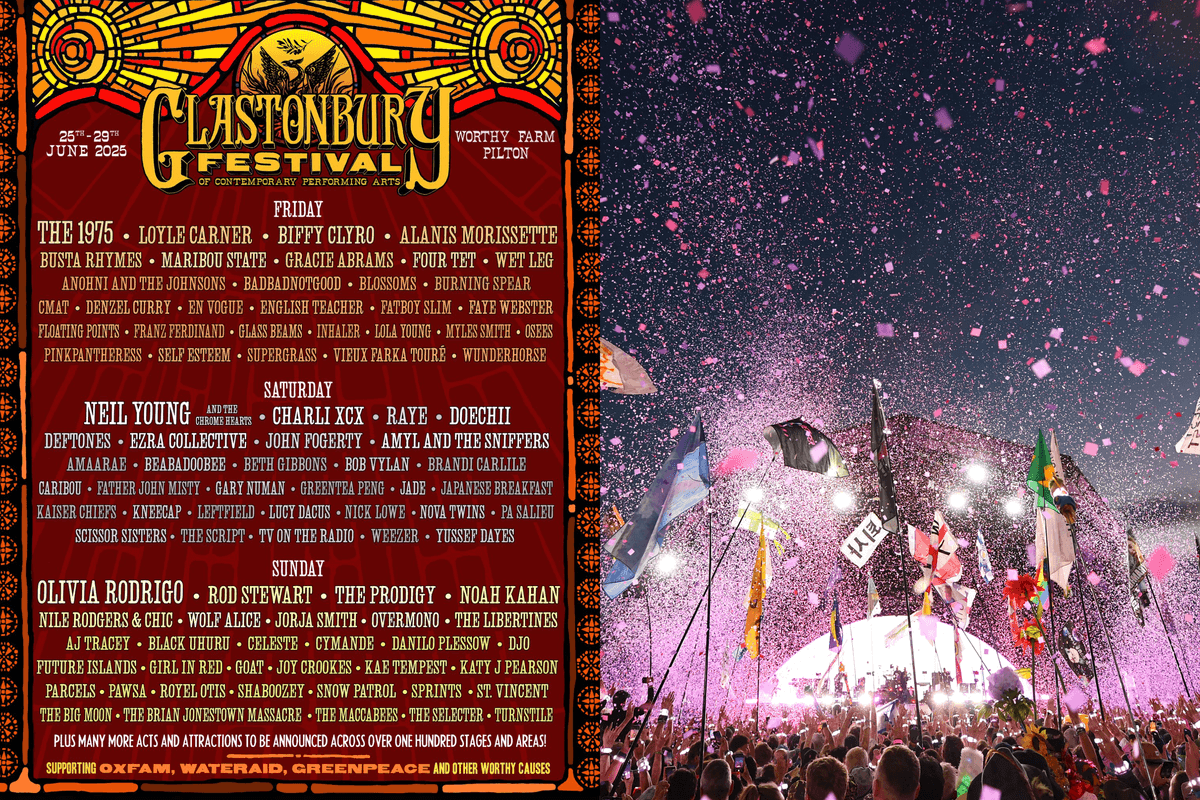News
Alyssa Satara
Jul 28, 2017

Picture:
Anchiy / iStock
When a person asked the rather combative question: 'What makes millennials the worst generation aside from being lazy?' on Quora, certified millennial, human rights advocate and writer Alyssa Satara stepped up to bust some common generational misconceptions.
I don’t think millennials are the worst generation, or that we are lazy … I just think we’re a little misunderstood.
4 Undervalued Millennial Traits (and how misunderstanding them affects employers)
1. We’re not lazy (instead of working harder, we work smarter)
Millennials have a bad rep. We’re often seen as lazy. But it’s not that we don’t want to work hard, it’s that we have result-driven motives.
Other generations were surrounded by a more stable economy, and our current technological environment is one of exponential growth. These two factors drastically change the way we approach the workforce. Our grandparents’ generation would get an entry level job a the local business and stay within that company their whole life, climbing that industry’s ladder.
That’s not the way the world works anymore—and one of the many reasons why we don’t see the point in doing humdrum paperwork at a job that won’t lead anywhere.
We want to learn. We want to work hard, but we also need to see the fruits of our labor.
Thanks to technology—and social media— we are now able to see other people’s virtual lives. We see society rewarding others for doing less and getting more. People literally get paid for being popular on Instagram, and influencer marketing is huge in today's world. Seeing that so casually in the feed on your phone is going to affect the way you perceive your own pursuits and ambitions.
For employers who think we are lazy: we aren’t idle, we just want something to get excited about. It’s not just about a paycheck for us. We want our work to feel good, and the hours we spend working to make us happy (in some way or other).
At the same time, please understand that our desire to do “more with less” is not laziness. We skip over unnecessary steps not because we enjoy being rebellious, or we simply don’t want to do them, but because we think there is a better way. We want to get better results—and then are reprimanded because “that’s not how it’s always been done.”
Through our impatience, we seek productivity. And if companies don’t engage in that way of thinking, they lose—or even worse, under-utilize—their millennial staff.
We don’t work harder, but we do work smarter.
2. We’re not entitled (we just want to go after what we want)
Employers—non-millennials in general— tend to view millennials as inexperienced and privileged.
The fault in that is you overlook where our actions stem from. You label us, and also fail to understand us.
When you attribute our outlook on work (or life) to too many participation medals, you blind yourself from our history lessons on Rosa Park, MLK, Nelson Mandela, Gandhi, JFK and Hitler. Scholastically, we’ve been taught to go against the grain to get what we want (and to not just do what we are told).
We’ve been taught to stand up to bullies. We’ve been taught that we matter.
We aren’t entitled, we’re just confident enough to speak up. When employers don’t understand the difference, they fail to recognize leadership potential, amongst other qualities. This results in the silencing of meaningful voices—capable millennials looking for somewhere to prosper.
We might be seen as entitled, but the truth is that the world is at our fingertips. We don’t accept the mundane. We don’t waste our time with the fruitless. Now more than ever, we have the tools to create our own future.
We want to be proud of our work.
We know what we want and we want it now. If you employ millennials and curtail their go-getter and eager attitude, you end up losing out on an ambitious and even entrepreneurial mind.
3. We aren’t addicted to our screens (we are actively participating in today’s world)
If you are employer with this connotation of millennials, you are doing a lot wrong. Instead of capitalizing on your tech-savvy employees, you squander their social-minded talents.
Talent that could be helping your company grow.
Do you know how much detail goes into a typical millennial’s social media post? These habits teach us to be detail oriented and aware of our audience. We understand technology and we speak social media.
Instead of seeing this as a con, consider what nurturing these skills will do to help your company with branding, marketing, and the ability to provide useful insight to your company’s audience.
Some generations see us as kids with our eyes glued to screens. The truth is, a lot of the world happens online now. Furthermore, most of the business world is about mobility.
Hire and listen to your millennials who are mobile minded.
4. We’re not the worst generation (we’re the best at sustainability and social consciousness)
While millennials don’t always have the best reputation, you can’t ignore our ability to think outside of the box. We’re known for pushing new ideas through to fruition. Some find it annoying, but creativity is the start of greatness.
We tend to value experience over money, and this shows in our career choices. We care about how our actions reflect our personalities. We feel deeply connected to our work.
Millennials are a compassionate generation. In our lifetime, we’ve seen an island of trash the size of Texas and felt the heated winds of global warming. We’ve seen the economy plummet due to excessive risk taking of banks for their own profits. We’ve watched (and participated) in the shift from TV dinners to a grass-fed, organic, non GMO, gluten free, dairy free health conscious lifestyle.
We’ve seen massive shifts happen, very quickly.
Through this we’ve understood the impact of our actions, and we’ve therefore aspired to be a valuable generation, intentional about making the world a better place.
We think outside the box and we push boundaries. If you don’t trust and support your millennial employees, they are going to find another outlet for their innovation.
Millennials aren’t lazy. We’re just misunderstood.
This article originally appeared on Quora
Top 100
The Conversation (0)













